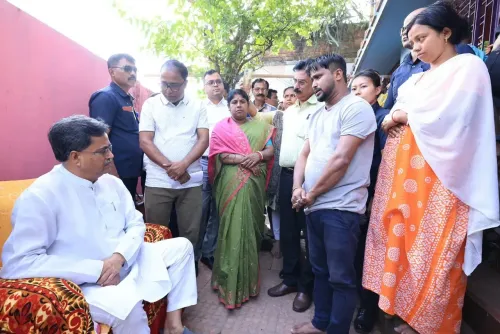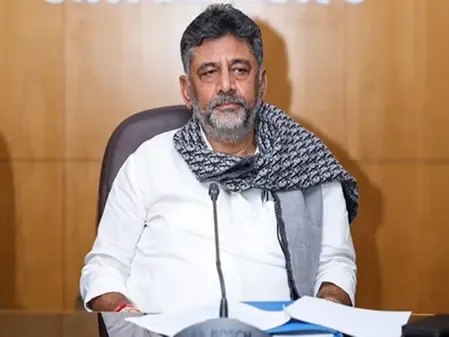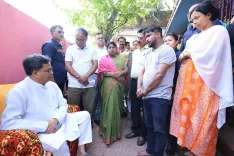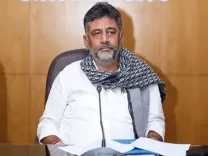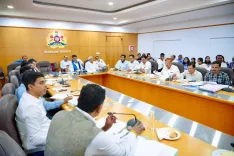What is the Impact of 30 Lakh Petitions in the 'Ungaludan Stalin' Campaign Across Tamil Nadu?

Synopsis
Key Takeaways
- Over 30 lakh petitions filed in 30 days.
- Initiative aims to enhance governance accessibility.
- Significant participation from women, with 13.7 lakh petitions.
- Commitment to resolve grievances within 45 days.
- Campaign builds on past grievance mechanisms.
Chennai, Aug 16 (NationPress) The Tamil Nadu government's prominent outreach program, 'Ungaludan Stalin', which translates to (Stalin With You), has garnered an extraordinary level of engagement from citizens, with over 30 lakh petitions filed in merely 30 days.
As per official statistics, these petitions were collected through 3,561 special camps set up throughout the state from July 15 to August 14.
This campaign, aimed at bridging the gap between governance and the populace, was crafted to offer citizens a means to present their grievances and access welfare benefits directly at their doorsteps.
The initiative has empowered countless residents, especially from rural areas, to highlight issues concerning welfare schemes, certificates, and government services without the complications of navigating numerous offices.
A particularly remarkable detail is the substantial number of women who participated.
Reports show that 13.7 lakh petitions were submitted by women requesting re-registration in the Kalaignar Magalir Urimai Thogai (KMUT) scheme, which provides monthly financial support to eligible women heads of households.
The significant volume of applications underscores both the popularity of the scheme and the pressing need for continuity of benefits among the state’s female beneficiaries.
Officials have stressed that processing these petitions will be treated with utmost urgency.
The Greater Chennai Corporation, which managed the campaign in the city, has committed to addressing all grievances registered during the camps within 45 days.
Similar promises have been made by district authorities across Tamil Nadu.
Chief Minister M.K. Stalin's administration has positioned 'Ungaludan Stalin' as an integral part of its broader vision of making governance more accessible to the public.
This outreach initiative builds on previous grievance-redressal frameworks like 'Ungal Thoguthiyil Mudhalamaichar' (Chief Minister in Your Constituency), but with enhanced accessibility and broader public involvement. Given the astonishing number of petitions received in such a brief period, the state government now faces the challenge of ensuring prompt follow-up actions.
Observers note that the credibility of the campaign will ultimately depend on the timely resolution of these thousands of grievances, thus bolstering public trust in the government's service delivery systems.

